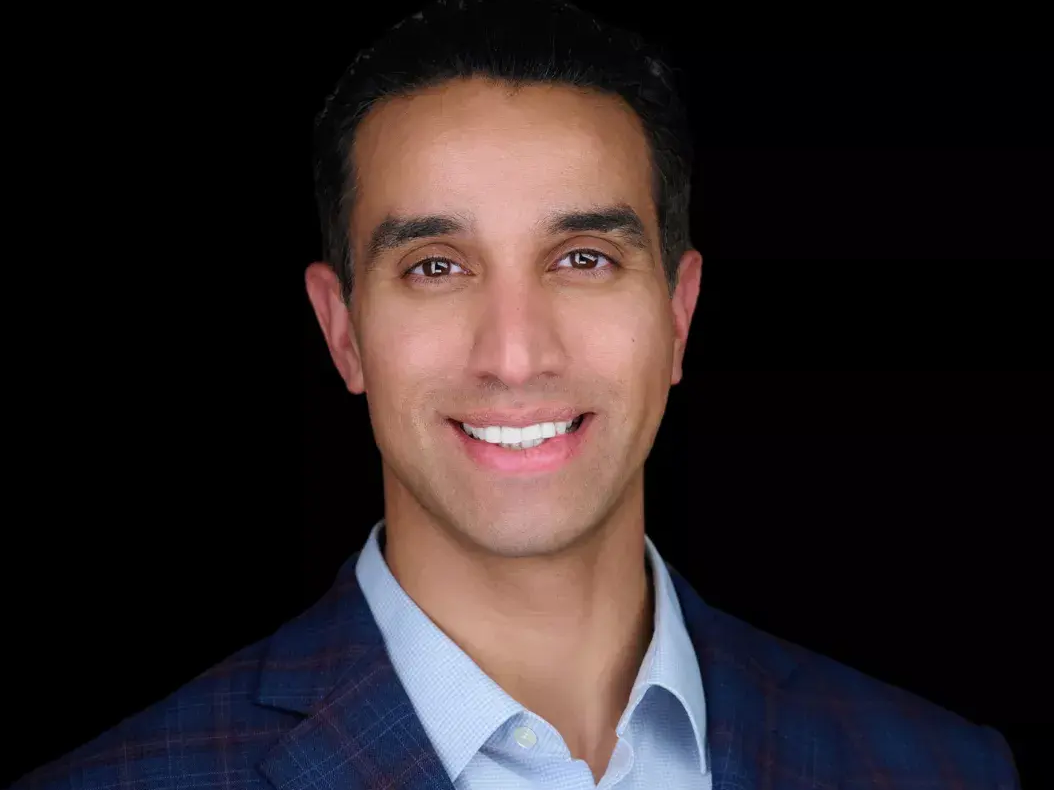Trends in Workers' Comp
In the Field, Opinions on Opt-Out Are Mixed

Employers seeking to provide the best medical care to their injured workers as quickly as possible may find reasons to either avoid or embrace the idea of opting out of the traditional workers’ compensation system. In fact, that is one of several reasons employers cite for both opposing and favoring opt out.
The focus on opt out in several states of late, along with a recent scathing report from NPR/ProPublica has heightened discussion of one of the most controversial topics affecting the industry. The largely unchartered territory has left many employers struggling with how to effect the most appropriate programs for their workers and their companies.
As for whether opt out is the best choice, the jury is still out. But it appears employers interested in doing the right thing for their workers and their companies do not necessarily agree on whether opt out is the best way to go.
Questions, Concerns
The biggest question facing employers in opt-out states is whether the alternative to the traditional workers’ compensation system leads to better outcomes for injured workers and saves costs for employers. So far, there is no definitive answer.
“There’s no data to indicate outcomes under opt out are any better or worse than [traditional] workers’ compensation,” said Joseph Paduda, principal of Health Strategy Associates. “The last research was in 2004 by the California Workers’ Compensation Institute. It looked at outcomes under workers’ compensation as opposed to alternative dispute resolution. There was essentially no statistically significant difference for outcomes.”
With the frequency of claims down, severity increasing only moderately and premiums generally “very much under control,” Paduda questions why employers are considering opting out. However, there are indications from employers operating in multiple states that opt out can be a win-win for all involved.
“The focus is not on opt out, it’s on how you provide benefits to injured workers to help them get back to work,” said William M. Zachry, group VP of Risk Management for Safeway/Albertson’s. “Our focus as an organization is on prevention, but when there is an injury, it’s on getting the right care, at the right time and getting them treated and back to work. If opt out allows us a more efficient way to do that, we’ll do it.”
The company is a non-subscriber to the Texas workers’ compensation system and is considering Oklahoma’s opt-out system. Zachry rejects criticism of opt-out systems giving medical control to the employer.
“You’ve got to encourage return-to-work, encourage physicians to provide evidence-based medicine because in a lot of states where there is a lack of medical control — in California specifically — there is a lot of abuse of injured workers. There is unnecessary treatment,” Zachry said. “Look at today’s system and the opioid problem, which is one of the biggest health issues facing the medical system. In the areas where the biggest abuses take place is where we have not been able to limit or stop physicians from abusing injured workers.”
Zachry says the simplicity of the non-subscriber system in Texas allows for a more seamless, efficient process and better treatment of injured workers than the traditional workers’ comp system. But other employers with the same concerns reject opt out for those very reasons.
A workers’ compensation executive of a major transportation organization said its employees are the company’s number one asset and going the opt out route could potentially drive a wedge between the employer and employees. The official, who only agreed to speak off the record, also said there has no proof an alternative system would benefit injured workers or be cost effective for the company.
Proponents of opting out cite cost savings as one of the benefits. But some employers don’t think that is a good enough reason to use an alternative system.
“If you treat your employees well, your workers’ comp costs should go down,” said Patrick Venditti, executive director of Corporate Health Services for Missouri-based BJC Healthcare. “We’ve always taken the slant that you take care of your employees and get the very best medical care.
“Also, you partner with your physicians by orienting them about what the workers’ compensation system is about and help them facilitate the treatment and communication between whoever is guiding that employee through the system. When you do that, our results have shown that there is less chance [an injured worker] will get an attorney because they are being guided; they are back at work faster because there is less surgery; and costs are low.”
So far Missouri is not among the states targeted for opt-out legislation. If such legislation were to arise there, Venditti is not sure it would work for his organization.
“I’d have to take a look at what economic impact it would have,” he said. “I don’t know if it would give you the same protections. … On the surface I don’t think we’d be interested.”
Litigation
The workers’ compensation program at BJC has a litigation rate of 6.5 percent, which Venditti says is “extremely low.” Some employers question whether opt-out systems lead to increased litigation, since the programs may eliminate the exclusive-remedy doctrine.
“Our focus as an organization is on prevention, but when there is an injury, it’s on getting the right care, at the right time and getting them treated and back to work. If opt out allows us a more efficient way to do that, we’ll do it.” — William M. Zachry, group VP of Risk Management, Safeway/Albertson’s
But Zachry says the simplicity of the non-subscriber system reduces the litigation rate.
“People should not have to get an attorney to get their benefits,” Zachry said. “Opt out is much clearer; ‘here are your benefits.’ We pay timely.”
The lower litigation rate and better outcomes in Texas have made a believer of Zachry in opt out. The company is supportive of opt-out legislation in Tennessee and North Carolina.
“My focus is not as much on saving money from opt out as getting the control you need to provide the right care at the right time, get the person well and back to work. And by the way, yeah, we save a lot of money by doing that,” Zachry said. “But these are my employees. It costs me much more when people are out.”
As for the recent NPR/ProPublica article that criticized opt out, even those who lean toward opposing the idea think it was somewhat unfair.
“It appears from the article they are looking for employers who opt out with worst-case scenarios and then saying, ‘They opt out because they don’t care about employees,’ ” Venditti said.
“Good employers care about their employees because if they don’t, they are going to have more problems than just workers’ compensation.”












